A "60 Minutes" special that aired Sunday saw interviewer Charlie Rose gain rare access into Apple's Cupertino headquarters, where he discussed a wide range of topics with company execs and snagged behind-the-scenes looks at Jony Ive's design studio, a next-gen Apple Store mockup and the Campus 2 construction site.
The special, pieced togetether from interviews conducted over the past few months since September's iPhone announcement, started off with a discussion of the company's transition to Cook from co-founder Steve Jobs. The late tech guru was, in Cook's words, unlike anyone he had ever met before.
"It's a bar of excellence that merely good isn't good enough. It has to be great. Insanely great," Cook said of the legacy Jobs left behind. "This is still Steve's company. It was born that way."
Rose was able to attend the pre-game of Apple's weekly Monday morning executive meeting, though Apple expectedly declined to have the actual proceedings recorded. Alongside Cook, executives like CDO Jony Ive, content chief Eddy Cue, marketing and App Store head Phill Schiller, newly appointed COO Jeff Williams, and others gathered around a large wooden table to discuss strategy.
Rose also met with Jony Ive in his famed — and ultra secretive — design studio. There, among wooden tables covered with black cloth to hide prototype devices, Ive walked Rose through the design process of several products. The segment included extensive footage of the prototyping process Ive and the Apple design team went through in building Apple Watch. Ive showed off sketches and electronic blueprints of the initial Apple Watch prototype and demonstrated how the aluminum case was made from a CNC machine.
"All of these things, I think, in aggregate, if we manage to get them right, you sense that it's an authenticate, really thoughtfully conceived object," Ive said.
Ive and head of hardware Dan Riccio also discussed the process behind the battery of the new MacBook and the design challenges inherent in fitting a battery large enough to last all or most of the day into such a slim case.
"Every tenth of a millimeter in our products is sacred," Riccio said. "With this design, it involved mechanical designers, toolmakers, chemists, and it also brought software engineers that could design a pack that would fit within the surfaces of the product but still work reliably."
Detailing the great effort that goes into Apple's devices, Rose took a look at an iPhone 6s Plus camera module, which, according to Apple Senior Director of Camera Hardware Graham Townsend, contains over two hundred individual parts and took a team of 800 engineers to create. Townsend showed off the optical image stabilization system that helps steady the camera while you're taking a picture, mentioning that iPhone is processing over 24 billion operations at any given point to get the right shot.
Retail chief Angela Ahrendts gave Rose a quick tour of a mockup Apple Store located in an unmarked warehouse off of Apple's main campus. With the new store design, imagined in collaboration with Ive, Ahrendts is attempting to create a dynamic experience that actively shows off Apple's latest wares.
In a separate segment, SVP of Worldwide Marketing Phil Schiller said Apple intentionally pits one product against another. Device cannibalization is "almost by design," he said.
"The iPhone has to become so great that you don't know why you want an iPad," Schiller said. "The iPad has to be so great that you don't know why you want a notebook. The notebook has to be so great that you don't know why you want a desktop. Each one's job is to compete with the other ones."
The subject then turned to the Apple Watch, as Rose tried to glean some insight into how the product was doing in light of what some describe as lackluster interest and demand. No sales figures were shared but when asked if the Watch was a product that needed improvement, Cook punted: "I think all products need improvement. And I think the Watch is no exception to that."
Cook also was vague and dismissive when asked about two industries Apple has reportedly been working on for some time: the TV and the car.
"One of the great things about Apple is that we probably have more secrecy here than the CIA," Cook said.
The second part of the interview focused on a number of more politically-charged issues Apple has found itself in the middle of for a number of years. Those include the ongoing privacy debate, including the subject of government backdoors, as well as issues like Apple's corporate tax burden and its (largely) Chinese manufacturing workforce overseas.
On the subject of taxes in particular, Cook was visibly heated, calling claims of Apple's intentional avoidance of taxes through overseas subsidiaries as "total political crap," and placing much of the blame on the American tax code, which he said was "built for the Industrial Age, not the Digital Age."
The interview concluded with a walk around the construction site of Apple's new corporate headquarters: a multi-billion dollar complex designed to be eco-friendly and was described by Rose as "the most ambitious project Apple has ever done."
You can see the full interview, including online exclusives not shown during the TV presentation, at the 60 Minutes website.
 Blair MacGregor
Blair MacGregor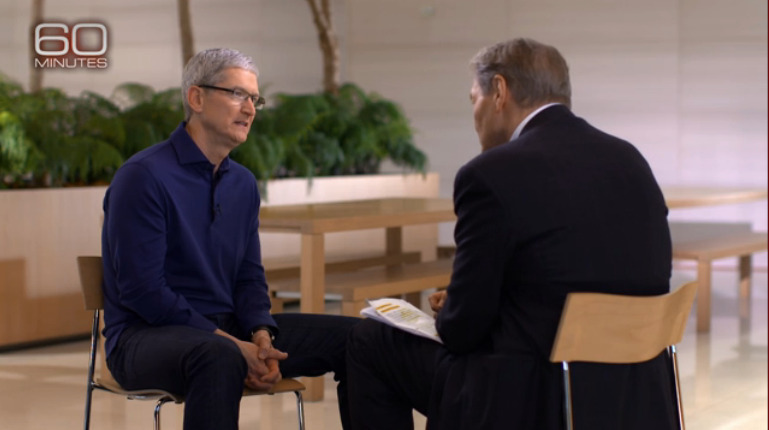
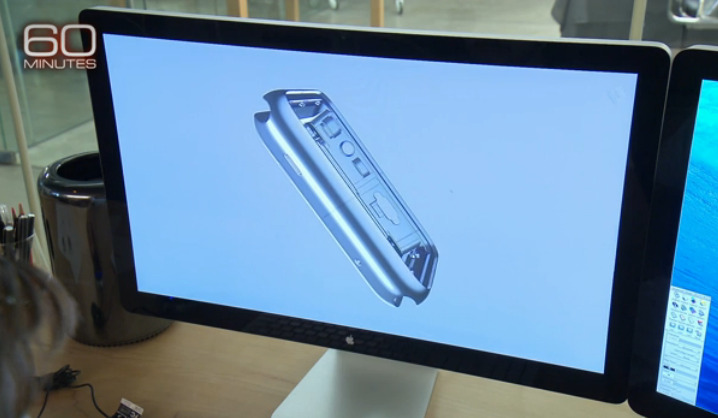
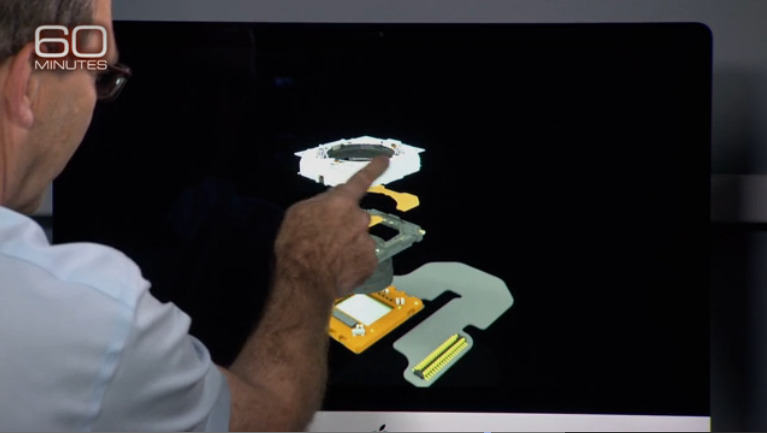
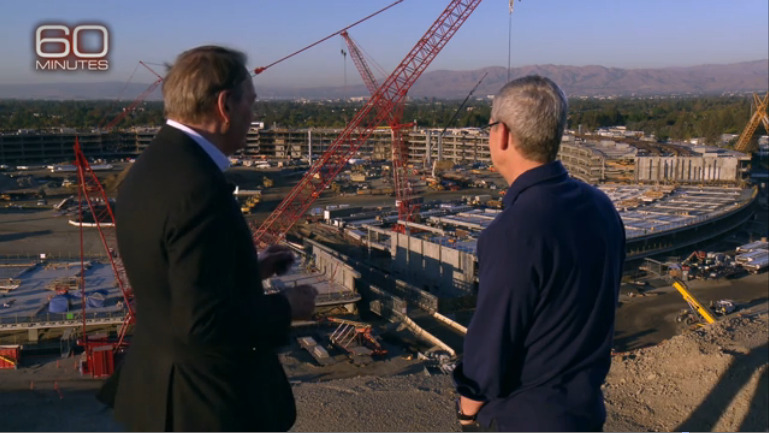


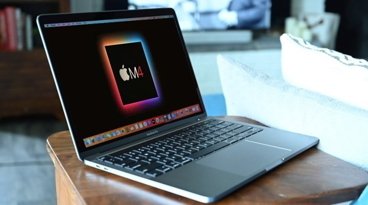
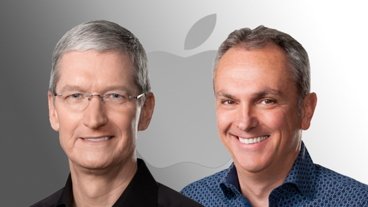
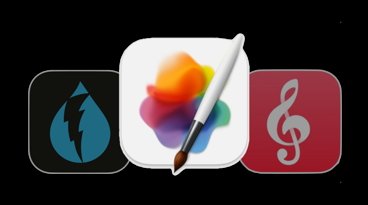

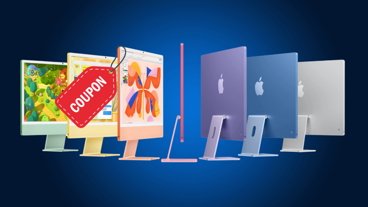




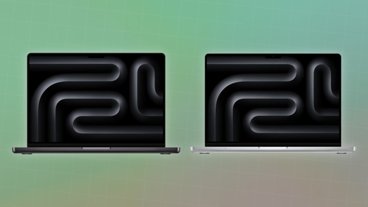
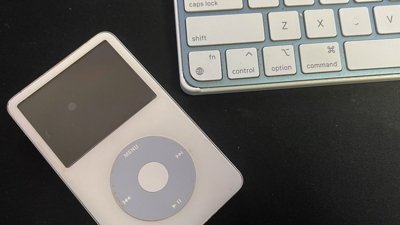
 Charles Martin
Charles Martin
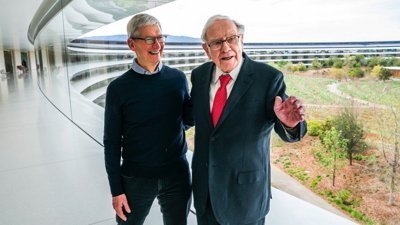
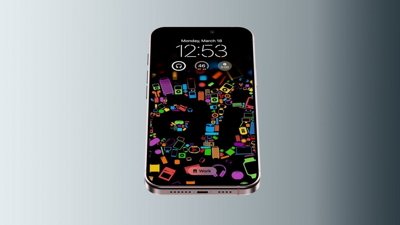
 Malcolm Owen
Malcolm Owen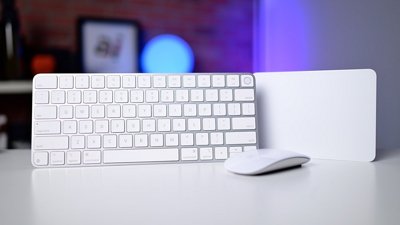
 Andrew O'Hara
Andrew O'Hara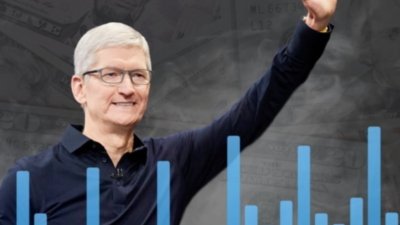
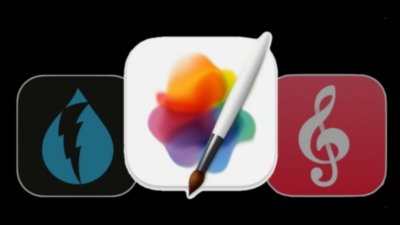
 William Gallagher
William Gallagher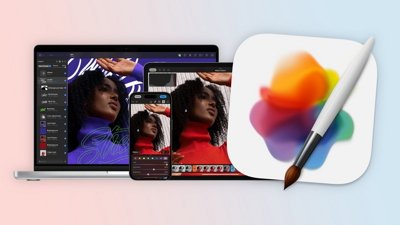


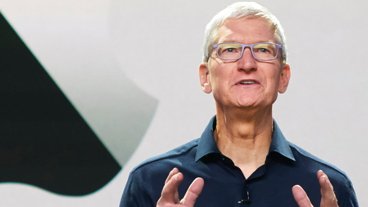
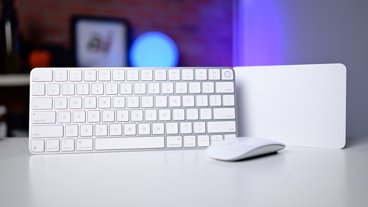
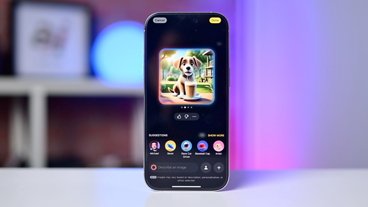

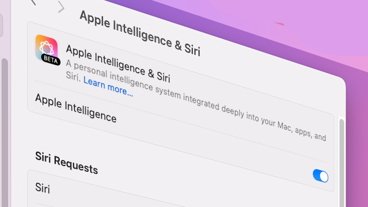


95 Comments
I'd like to know the difference between an industrial age tax code and a digital age tax code. To me, it just sounds like Tim and Company don't like paying taxes. But, maybe others can explain his thoughts.